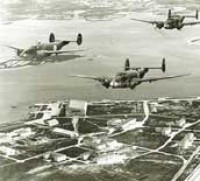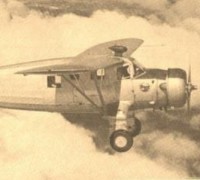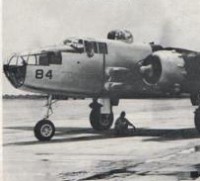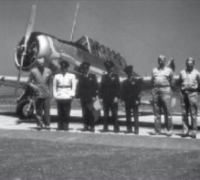BRAZILIAN AIR FORCE FAB * - BRAZILIAN AIR FORCE
20)LOCKHEED PV 2 HARPOON
Total received:: 06
General characteristics:
Crew: 6
Length: 51 ft 5 in (15.7 m)
Wingspan: 65 ft 6 in (20 m)
Height: 11 ft 10 in (3.6 m)
Wing area: 551 ft² (51.2 m²)
Empty weight: 20,197 lb (9,160 kg)
Loaded weight: 31,000 lb (14,000 kg)
Max takeoff weight: 34,000 lb (15,000 kg)
Powerplant: 2× Pratt & Whitney R-2800 geared radial engines, 2,000 hp (1,500 kW) each
Performance:
Maximum speed: 322 mph (518 km/h)
Cruise speed: 230 mph (370 km/h)
Range: 1,660 mi (2,670 km)
Ferry range: 2,600 mi (4,200 km)
Service ceiling: 26,300 ft (8,020 m)
Rate of climb: 2,035 ft/min (15.4 m/s)
Wing loading: 56.4 lb/ft² (275 kg/m²)
Power/mass: 0.13 hp/lb (0.21 kW/kg)
Armament:
Guns: 4 × .50 in (12.7 mm) Browning M2 machine guns 2 × .30 in (7.62 mm) M1919 Browning machine guns
Bombs:
3,000 lb (1,400 kg) general ordnance or 6 × 325 lb (147 kg) depth charges or 1 torpedo.It also could carry 8 HVAR rockets.
Brazilian Air Force received 6 aircraft. BuNo 5048/5049/5050/5051/5074/5076. They were used from 1944 to 1956 in the 2nd medium bombing group. Created by Presidencial decree # 6.796, of 17 Aug 1944 with headquarters at Salvador – Bahia, 2nd Air Zone. This unit in particular was trained by one Ventura group based at Recife and came to replace the US Navy squadron VB-129, which returned to the United States.
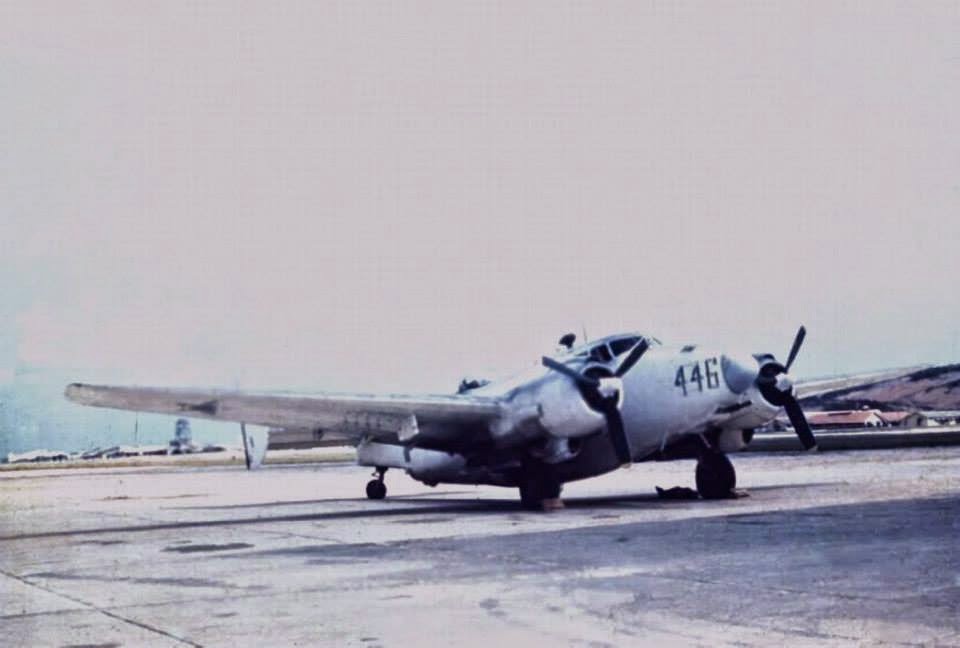
Above one Harpoon is seen parked at Santa Cruz Airbase Photo. http://castropr.blogspot.com/
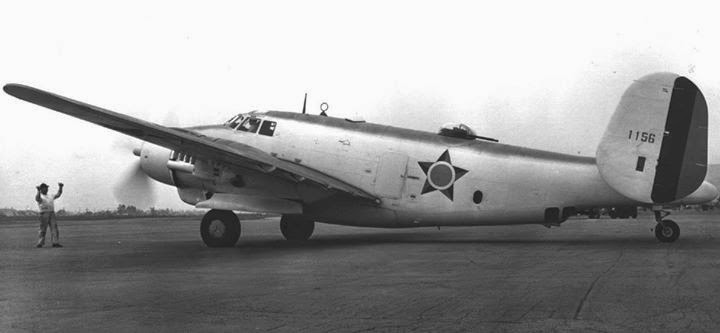
Above one Harpoon is seen taxiing to the ramp following one patrol and convoy escort mission. Photo. http://castropr.blogspot.com/
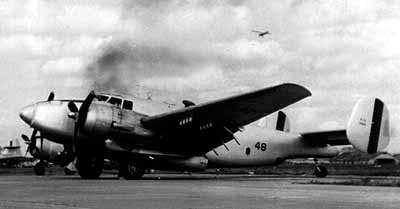
One Harpoon parked at Santa Cruz Air Force base with one P-47 nose and the tail of one gloster Meteor on left. Photo http://castropr.blogspot.com/
